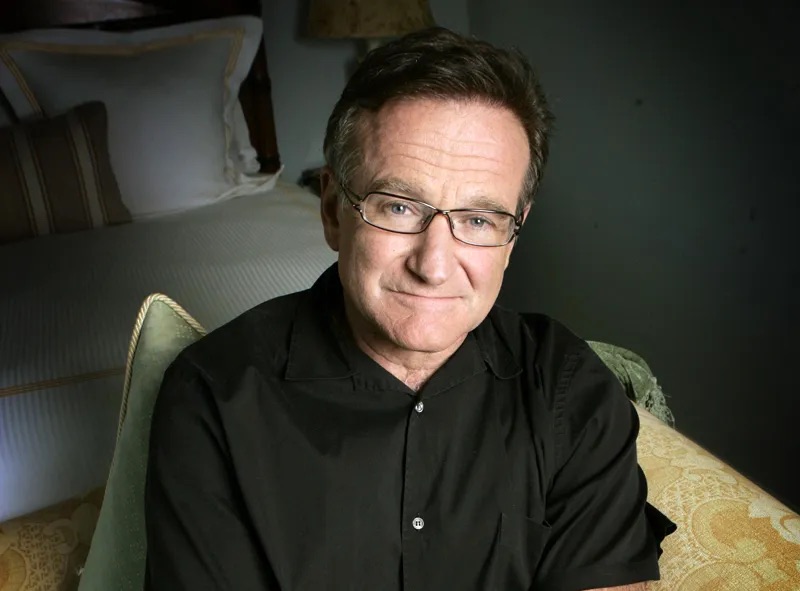In South Africa, psychedelic drugs remain illegal, yet a growing number of self-styled healers and shamans are openly marketing their use in therapeutic settings, especially in Cape Town. Individuals like Stuart Dods are seeking these unconventional therapies, convinced that psychedelics like psilocybin and MDMA may help address their mental health issues. Dods' recent experience, priced around $2,000, involved a journey facilitated by a shaman, who aimed to guide him through emotional healing despite the legal implications.
The legitimacy of these practices has come under scrutiny, with professionals expressing concerns about safety and the ethical implications of consent during altered states. With one in two people potentially facing mental health disorders, the allure of alternative treatments has sparked a booming, albeit unregulated, industry amidst the backdrop of stringent laws.
Megan Hardy, a self-proclaimed 'medicine woman,' and others like her assert that their methods of combining traditional shamanic practices with psychedelic substances provide necessary alternatives to conventional medicine. However, the psychiatric community warns of the risks involved without proper medical oversight, stressing that such treatments should ideally occur in controlled clinical environments to mitigate potential harm.
High-profile incidents involving fatalities linked to psychedelic treatments have further highlighted the need for caution, with experts urging potential users to consider the serious risks at hand while navigating their healing journeys. Overall, the ongoing conversation surrounding psychedelics in South Africa highlights a clash between traditional healing and contemporary regulatory frameworks, as society grapples with defining the future of mental health treatment.


















